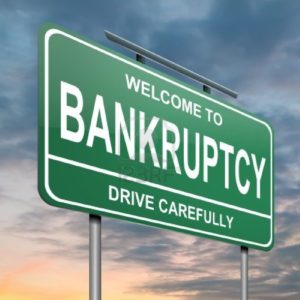Dear Liz: I am an 82-year-old widow with a disabled daughter in a desperate financial situation. Payments on my credit cards and a personal loan eat up half the income I get from Social Security, my late husband’s pension and my IRA. My total debt is over $100,000 and my only assets are a car worth $35,000 and the fast-dwindling IRA with just $25,000. I need advice on how best to proceed: bankruptcy or loan consolidation or something else?
Answer: Please make an appointment with a bankruptcy attorney as soon as possible.
There are other solutions for debt, including a debt management plan through a credit counselor, debt settlement or a consolidation loan. Debt management allows people to pay off what they owe over time, often at a lower interest rate. Debt settlement involves negotiating with creditors to accept less than what they’re owed. A consolidation loan replaces multiple debts with a single loan, often at a fixed interest rate.
Your situation is simply too dire for these other methods to make much sense, however. Bankruptcy could allow you to legally erase the debt and preserve what’s left of your limited funds.
 Today’s top story: Changed travel plans on the menu this Thanksgiving. Also in the news: Online shopping already hit holiday-lvel peaks this year, when you can apply for a credit card after bankruptcy, and how the pandemic has made the racial retirement gap worse.
Today’s top story: Changed travel plans on the menu this Thanksgiving. Also in the news: Online shopping already hit holiday-lvel peaks this year, when you can apply for a credit card after bankruptcy, and how the pandemic has made the racial retirement gap worse. Today’s top story: Travel insurance options for digital nomads. Also in the news: What to do if you’ve been denied student loan refinancing, a new set of shopping tips in the pandemic, and what really happens when you file bankruptcy.
Today’s top story: Travel insurance options for digital nomads. Also in the news: What to do if you’ve been denied student loan refinancing, a new set of shopping tips in the pandemic, and what really happens when you file bankruptcy. Today’s top story: Why playing the market right now is an especially bad idea. Also in the news: Is student loan discharge in bankruptcy within reach, the difference between being preapproved and prequalified for a credit card, and how your credit score is determined.
Today’s top story: Why playing the market right now is an especially bad idea. Also in the news: Is student loan discharge in bankruptcy within reach, the difference between being preapproved and prequalified for a credit card, and how your credit score is determined.